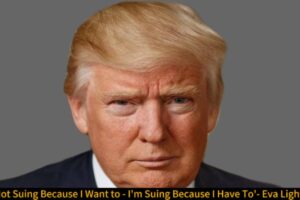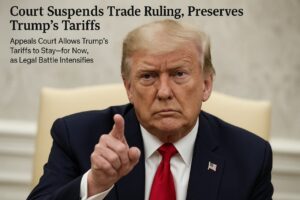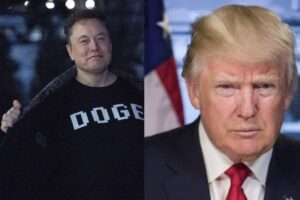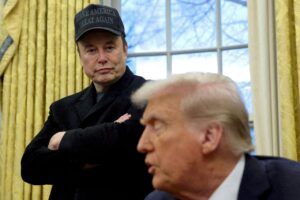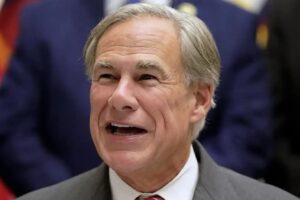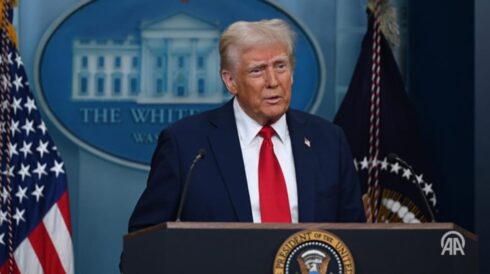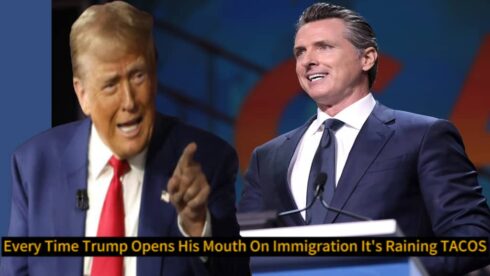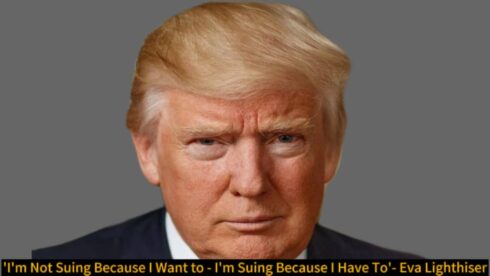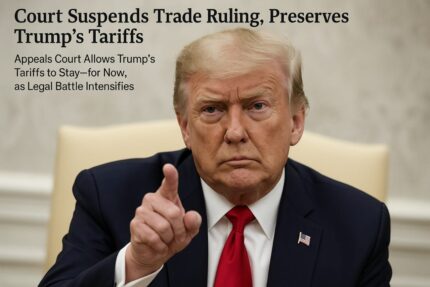The Trump administration will begin aggressively revoking the visas of certain Chinese international students, Secretary of State Marco Rubio announced Wednesday. The new directive, backed by President Trump, specifically targets individuals studying in critical scientific and technological fields or those allegedly linked to the Chinese Communist Party. The measure is the latest in a growing list of restrictions placed on foreign students amid increasing scrutiny of U.S.–China academic ties.
National Security at the Forefront
In a statement released Wednesday, Secretary of State Marco Rubio emphasized that the revocation effort aligns with the Trump administration’s broader national security strategy. “Under President Trump’s leadership, the U.S. State Department will work with the Department of Homeland Security to aggressively revoke visas for Chinese students, including those with connections to the Chinese Communist Party or studying in critical fields,” Rubio declared.
Officials say the move comes amid longstanding concerns about espionage and intellectual property theft from Chinese nationals studying or conducting research in the U.S. “We are not targeting innocent students,” a senior administration official clarified. “We are protecting our national defense and advanced technologies from being exploited by adversaries.”
Broader Visa Restrictions and Enhanced Vetting
Alongside the visa revocation effort, the State Department is preparing to tighten the approval process for future Chinese applicants. According to Rubio, the government will “revise visa criteria to enhance scrutiny of all future visa applications from the People’s Republic of China and Hong Kong.” These changes are expected to include an expansion of social media vetting and deeper reviews of applicants’ academic backgrounds and affiliations.
A leaked cable obtained by CBS News revealed that embassies and consulates worldwide were ordered to pause new student visa interviews this week, as consular staff prepare for the enhanced procedures. The directive has left many prospective international students in limbo, especially those applying for fall semester admissions.
China: A Leading Source of International Students
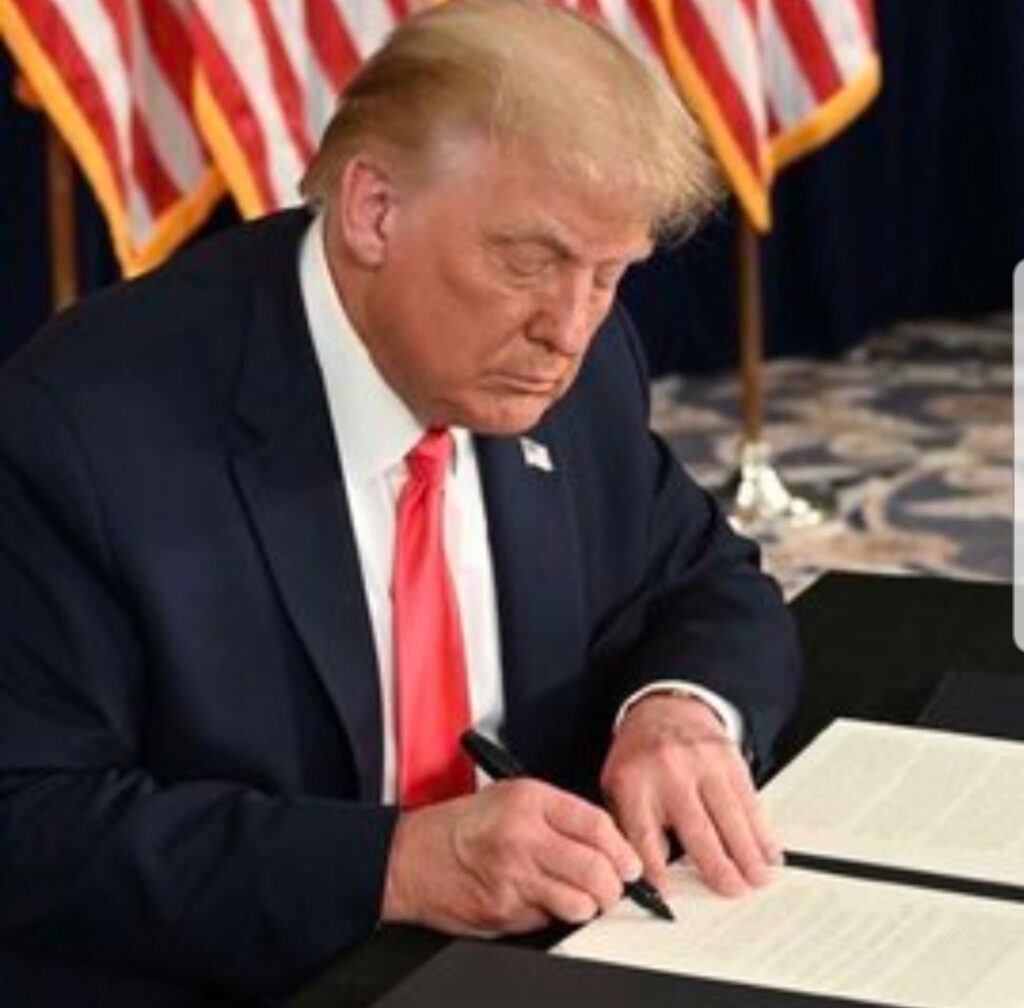
China remains the second-largest source of international students in the U.S., surpassed only by India. During the 2023–24 academic year, more than 270,000 Chinese students were enrolled at American institutions, accounting for roughly a quarter of all international students nationwide. Many of these students are pursuing degrees in science, technology, engineering, and mathematics (STEM) fields—areas identified as sensitive by the Trump administration.
Education advocates and university leaders warn that the latest restrictions could significantly disrupt academic collaboration and research continuity. “These students contribute to our institutions both academically and economically,” said an official from the Association of American Universities. “Blanket suspicion is not a sound policy.”
Congressional Pressure and Ivy League Clashes
The visa crackdown also follows sustained pressure from House Republicans, who have expressed concerns over U.S. universities’ partnerships with Chinese institutions. Earlier this month, GOP lawmakers urged Duke University to sever ties with a Chinese partner school, claiming it granted Chinese nationals access to federally funded research.
Tensions between the federal government and elite institutions like Harvard have escalated. The Trump administration recently attempted to block new international student enrollments at Harvard, a move that was ultimately halted by a federal judge. President Trump criticized the university, asserting that international student representation should be reduced. “Harvard should cap its foreign student population at 15%. I want to make sure the foreign students are people that can love our country,” he stated.
Legal Challenges and Previous Policy Setbacks
This isn’t the administration’s first attempt to curtail the rights of international students. Previous efforts to revoke legal status over minor infractions were blocked by federal courts. Similarly, attempts to deport pro-Palestinian student activists under a statute related to foreign policy threats faced legal pushback.
Civil liberties groups and immigration attorneys argue that the latest directive may also face legal challenges on grounds of discrimination and academic freedom. “Targeting students based on nationality or field of study, absent individual misconduct, is a dangerous precedent,” said a lawyer representing several Chinese students currently facing visa revocation.
Uncertain Future for International Education
The Trump administration’s tough stance has added a new layer of uncertainty for international students in the U.S. Already dealing with cultural adjustment and academic rigor, many now face the possibility of sudden removal or visa denial without clear due process.
Universities across the country are scrambling to provide legal assistance and policy updates to affected students. “Our primary focus is to protect our students and ensure their right to complete their education,” said a spokesperson for a major California university. As Washington tightens its grip on student visas, the global image of American higher education may continue to face reputational and enrollment challenges.


